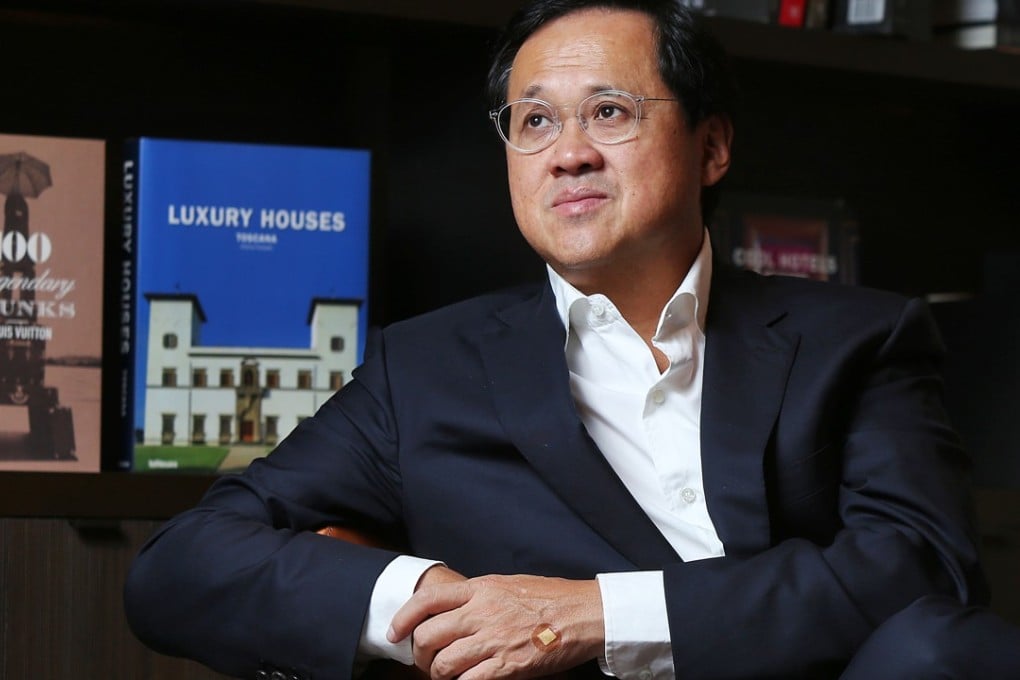Hong Kong redevelopment specialist reveals HK$15 billion plan for new business centre
CSI Properties to develop office-retail-hotel project with Wing Tai Properties

CSI Properties unveiled a plan for an office-retail-hotel project, to be developed as a joint venture with Wing Tai Properties on a recently acquired plot next to SoHo, at an estimated cost of HK$15 billion (US$1.9 billion).
“The site will be connected to IFC Central, arts and design venue PMQ and Lan Kwai Fong by footbridge [the Central-Mid Levels escalator]. The area will undergo a dramatic change when our project is completed,” said Mico Chung Cho-yee, the company’s chairman, who was a right hand man to PCCW chairman Richard Li Tzar Kai for five years. He left in 2003 and established CSI Properties, which had a market capitalisation of HK$3.96 billion as of December 12. Chung owns a 47.9 per cent stake in CSI Properties.
The company teamed up with Wing Tai Properties to beat eight competitors, which included Hong Kong’s largest developers such as Sun Hung Kai Properties and CK Asset Holdings, to the Urban Renewal Authority (URA) tender for the site in October.
The win bid was not disclosed, but market watchers put a price tag of HK$11.6 billion on the site, believed to be the most valuable plot ever offered by URA for tender.
“Lots of locals and tourists visit the area during weekends. As we see the site has great potential to become a new Central, we submitted a bid at the high end of our own estimation,” said Chung.
The lot, which could yield a floor area of 433,520 square feet, is bound by Graham Street, Gage Street and Cochrane Street. Wing Tai Properties will hold a 65 per cent stake in the proposed project, and CSI Properties the remaining 35 per cent.